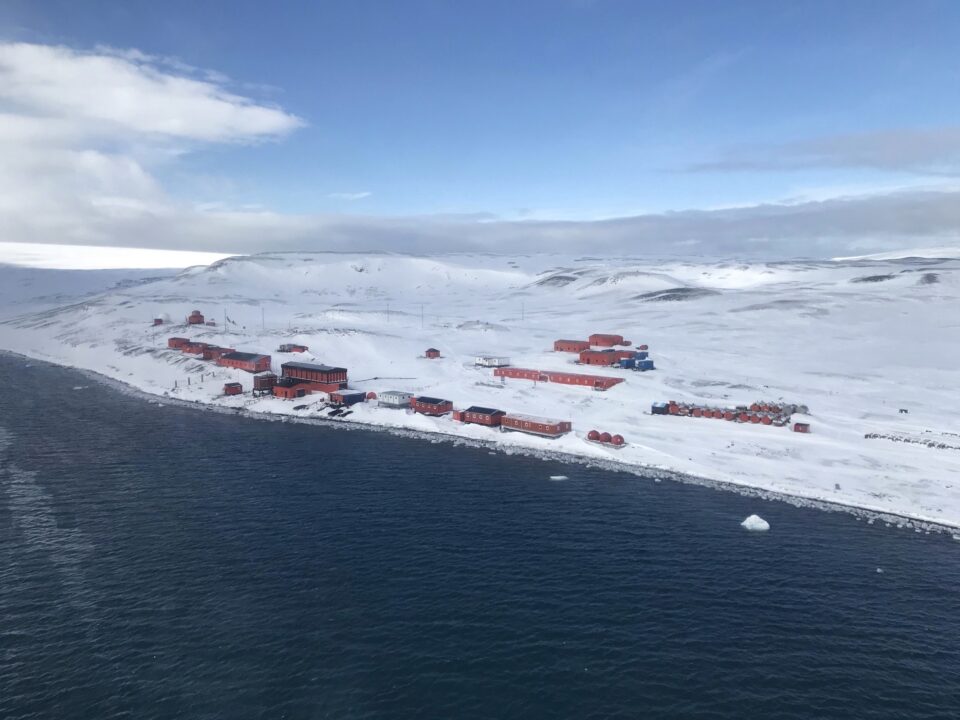Default versus Configured-Geostatistical Modeling of Suspended Particulate Matter in Potter Cove, West Antarctic Peninsula
by Camila Neder, Ricardo Sahade, Doris Abele, Roland Pesch and Kerstin Jerosch
The glacier retreat observed during the last decades at Potter Cove (PC) causes an increasing amount of suspended particulate matter (SPM) in the water column, which has a high impact on sessile filter feeder’ species at PC located at the West Antarctic Peninsula. SPM presents a highly-fluctuating dynamic pattern on a daily, monthly, seasonal, and interannual basis. Geostatistical interpolation techniques are widely used by default to generate reliable spatial information and thereby to improve the ecological understanding of environmental variables, which is often fundamental for guiding decision-makers and scientists. In this study, we compared the results of default and configured settings of three geostatistical algorithms (Simple Kriging, Ordinary Kriging, and Empirical Bayesian) and developed a performance index. In order to interpolate SPM data from the summer season 2010/2011 at PC, the best performance was obtained with Empirical Bayesian Kriging (standard mean = −0.001 and root mean square standardized = 0.995). It showed an excellent performance (performance index = 0.004), improving both evaluation parameters when radio and neighborhood were configured. About 69% of the models showed improved standard means when configured compared to the default settings following a here proposed guideline.
Get the full article: https://www.mdpi.com/2311-5521/5/4/235




